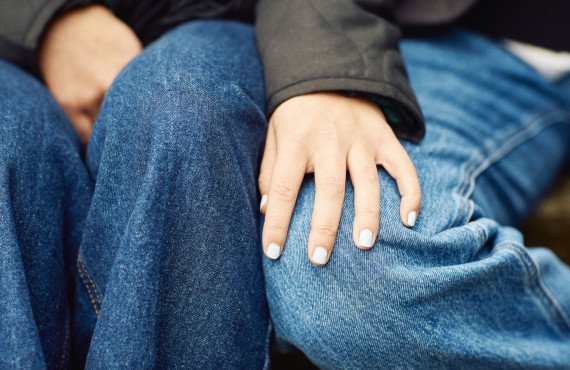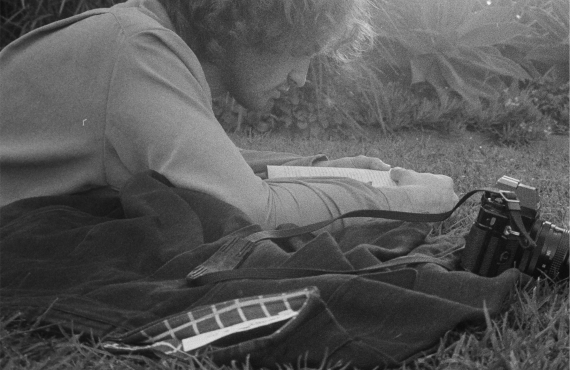What to do if you’re falling for your straight best friend
By Rachel Barker
So, you’ve realised that you might have feelings for a friend that are a little more… romantic, emotional or spicy. This can be an anxiety-inducing time. It can bring up fears about ruining your friendship. It might give you some hope that maybe you’re mutually falling for each other.
A queer crush on a straight friend is a tricky emotional maze to navigate.
As scary as it sounds, your first option is to tell them. It might seem like an intense line of action, but you can keep the kōrero from becoming a pressure cooker by going into it with no expectations and making it clear to them that you're not sharing your feelings bc you want them to reciprocate, simply to clear your head.
Sharing your feelings can give you the closure you need to move on. While you can’t guarantee they will take it well, the likelihood is that they will at least hear you out and give you clarity on their feelings.
If they’re not interested in you or are having a hard time understanding, you might agree that you need a little time apart. Make it clear what you both need to keep moving on as friends. Vulnerability and honesty are skills that take us far in life, and there’s never a bad time to start practising.
Unfortunately, it might negatively change your friendship, especially if your friend has expressed homophobia in the past. If this happens, so be it, we deserve people around us who understand and care for us.
In a rare best-case scenario, your feelings might be reciprocated – While it does occasionally happen, you shouldn’t bank on this as it can create more pressure and disappointment.
It’s also important to understand that even if they are queer in some capacity, that doesn’t mean they’ll want your relationship to transition into romance.
Your other option is you don’t tell them. This can be the right thing to do to protect your friendship if you don’t feel safe to do so, or if you think your feelings will pass.
If you decide not to share your feelings with the person you like, this doesn’t mean you should bottle them up. You still need to process your emotions in a healthy way, so tell a parent, a trusted friend, or a therapist.
And if you’re not telling them – or if they’ve told you they don’t feel the same way – now is the time to put in the mahi and learn how to get over them.
Sometimes the feelings fade with time, but sometimes it takes proactive effort. Explore your feelings verbally, acknowledge that you need to move on and why, push aside any romantic ownership you might feel over that friend when you see them with others, and don’t indulge in your feelings in a way that might make them feel uncomfortable (like pressuring them to share a bed with you etc).
You’re in charge of your feelings and can find a happy place at the end where you’ve genuinely moved on.
Finally, speak to other queer people about what you’re going through. Falling for a straight friend is a super common queer experience and one that’s had every outcome in the book. Sharing with your community is one of the best ways you can support yourself emotionally during this confusing time – and it’s a critical reminder that, regardless of how this situation turns out, you’re understood, loved and not alone.
Falling for anyone is hard, and all in all, you need to focus on what keeps you safe and happy.
Tagged
You may also like
-
 Read
ReadDo you like your partner as a person, or do you like the lifestyle they offer you?
Advice, Relationships














